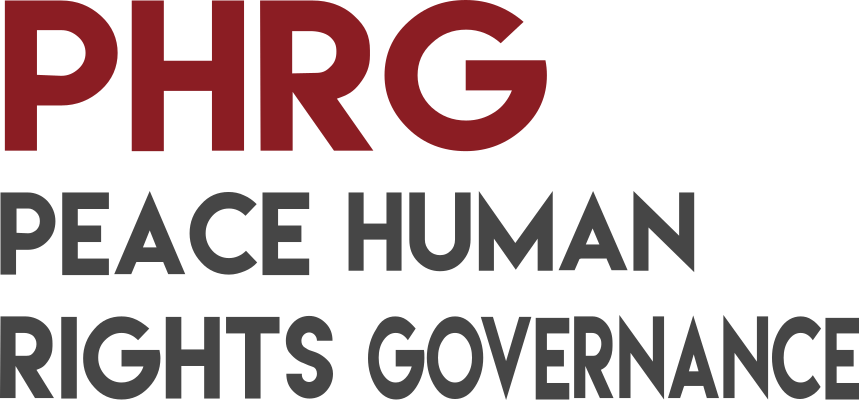Abstract
Violence and exploitation against women are usually characterized by intersectional dimensions of discrimination. Considering that 2019 marks the 40th anniversary of the Convention on the Elimination of All Forms of Discrimination Against Women (CEDAW), adopted in 1979, the aim of this paper is to look at the grave emergence of acts of sexual exploitation and abuse (SEA) in the context of peacekeeping operations, affecting in particular women and girls, through a human rights based approach, which emphasizes the agency of individuals as rights holders. Moreover, CEDAW General Recommendation n. 35, adopted in 2017, updating General Recommendation n. 19 from 1992 (the first to finally bring violence against women outside of the private sphere into the field of human rights), while recognizing that the prohibition of gender-based violence has become a norm of international customary law, also determines different levels of State liability for acts and omissions committed by its agents or subjects under its authority, within and outside its territory, and for failing to exercise due diligence in preventing violence. This research therefore looks at the justiciability of violence and exploitation against women and girls in the context of UN missions by examining the standards of conduct adopted by the UN and the legal frameworks for Troop Contributing Countries, in order to observe if they are compliant with international norms on extraterritorial responsibility.
Keywords
Download
Sutera S. (2020) "Sexual Exploitation and Abuse in Peacekeeping: Making Human Rights Obligations Universal
", Peace Human Rights Governance, 4(2), 161-188. DOI: 10.14658/PUPJ-PHRG-2020-2-1
Year of Publication
2020
Journal
Peace Human Rights Governance
Volume
4
Issue Number
2
Start Page
161
Last Page
188
Date Published
07/2020
ISSN Number
2532-3474
Serial Article Number
1
DOI
10.14658/PUPJ-PHRG-2020-2-1
Section
Articles

 © 2026 Padova University Press - Università degli Studi di Padova
© 2026 Padova University Press - Università degli Studi di Padova